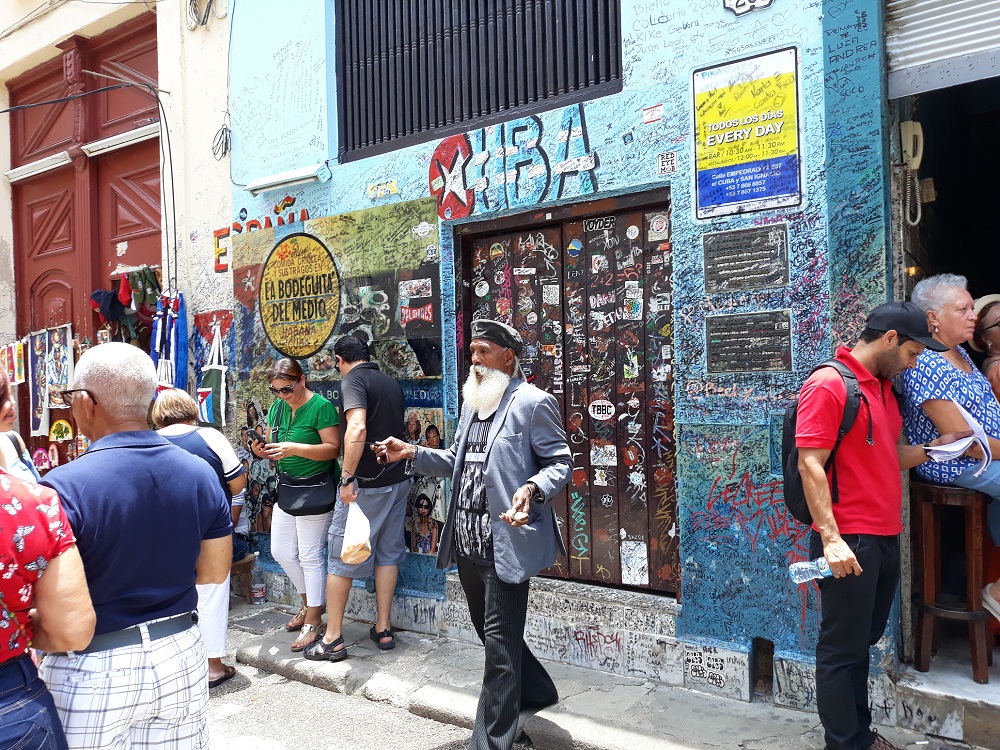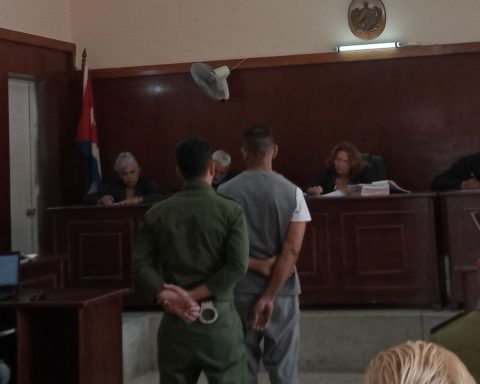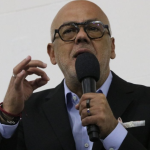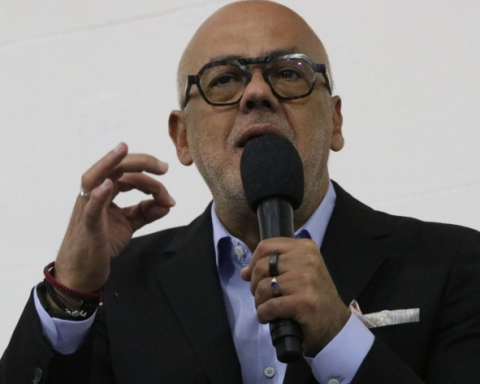Havana Cuba. — Ramón Guerra Pérez (now deceased) was a journalist who in the 1970s, under the pseudonym Mongo P, wrote costumbrista prints in the Bohemian Magazine and in rebel youthwhich he titled “Chispazos” due to its brevity.
Guerra Pérez’s articles were pleasant and likeable due to their style, despite his pro-Castro position and the occasional nonsense.
In the book Havana by Mongo P —published in Spain in 1998 by Sipsa Publishing, with a luxury print and presentation by its editor, A. Paz Andrade— compiled 38 works by the journalist published between 1970 and 1980 in the Cuban press.
It is a book that attracts attention, because very few in Cuba today remember Mongo P., of whom no data even appears in the Cuban encyclopedia secured.
The articles collected in the book talked about places in Havana, famous people and anecdotes about them, and some relevant facts. Among the places mentioned are El Malecón, El Morro, Casablanca, La Plaza de la Catedral, El Templete, El Paseo del Prado, La Rampa, Coppelia, El Floridita and La Bodeguita del Medio.
It seems that Mongo P. was a regular at Bodeguita del Medio, judging by the number of articles dedicated to it. Referring to this emblematic place, the author talks about its founder, Ángel Martínez, his wife, Armenia Quintero, the reason for its creation and the neighboring Felito Ayón printing press.
In Havana by Mongo P Reference is also made to other punctual clients of La Bodeguita, such as Leandro García, the journalist Mario Kuchilán, the writer Enrique Labrador Ruiz, the poet Nicolás Guillén and the singers Carlos Puebla y Snowball. About the latter, he says that after coming from a party at his house in Guanabacoa, she performed the song there for the first time in public. Sun sun Babae.
The book also explains the origin of the phrase “Cargue you with your weight”, which was used in the Bodeguita in reference to drunkards.
A friend who knew him told me that Mongo P., who lived in Playa Baracoa, west of Havana, and drank a lot, frequented a bar in that town where, with carousing and jokes, he managed to get the customers to buy him drinks and beers. as long as he listened to their conversation, which was cultured, but peppered with expressions of the common speech of Cubans.
Without attacking the regime, Mongo P. approached social criticism. According to him: “Costumbrismo cannot be the search for laughter by exhibiting negative things or a veiled applause for them. If there are bad customs that persist, the duty of the costumbrista is to expose them smeared with acid”.
Among the characters portrayed by Mongo P. in the articles in the book are the ever-remembered Caballero de París, whose second surname Lledín appears misspelled, and Ñico Saquito, whose real name was Benito Antonio Fernández Ortiz.
Regarding these two characters, Mongo P. committed two nonsense. He says of the Caballero de París that he came to sleep, among other points in the capital, at the corner of Infanta and Belascoain, which is a huge mistake, since these two streets do not intersect, they are parallel.
The second nonsense is about Ñico Saquito and is of colossal magnitude. It is worth reproducing a paragraph from the article entitled “Without Winters” to better understand what was said before: “We have taken advantage of the exhibitions at the Biennial of Humor in our town to base the testimony of affection for a formidable humorist who was born in Birán, whose patronymic is that of Antonio Fernández is legal, although if we call him that he does not respond… ”.
The late musicologist Radamés Giro, in his Encyclopedic Dictionary of Music in Cuba, points out that Ñico Saquito was born in Santiago de Cuba on February 13, 1901 and died on August 4, 1982.
Why the nonsense of locating the birthplace of Ñico Saquito in Birán, the same as Fidel Castro? Where did you get that data from? Would it just be a mistake?
Either way, Ñico Saquito’s association with Fidel Castro is unfortunate. They had nothing to do. One was a great singer and composer who transmitted joy with his guarachas; the other, a megalomaniac ruler who left a country destroyed and in the most dramatic misery. But since Mongo P was pro-Castro, he surely didn’t see it that way.
OPINION ARTICLE
The opinions expressed in this article are the sole responsibility of the person who issues them and do not necessarily represent the opinion of CubaNet.















